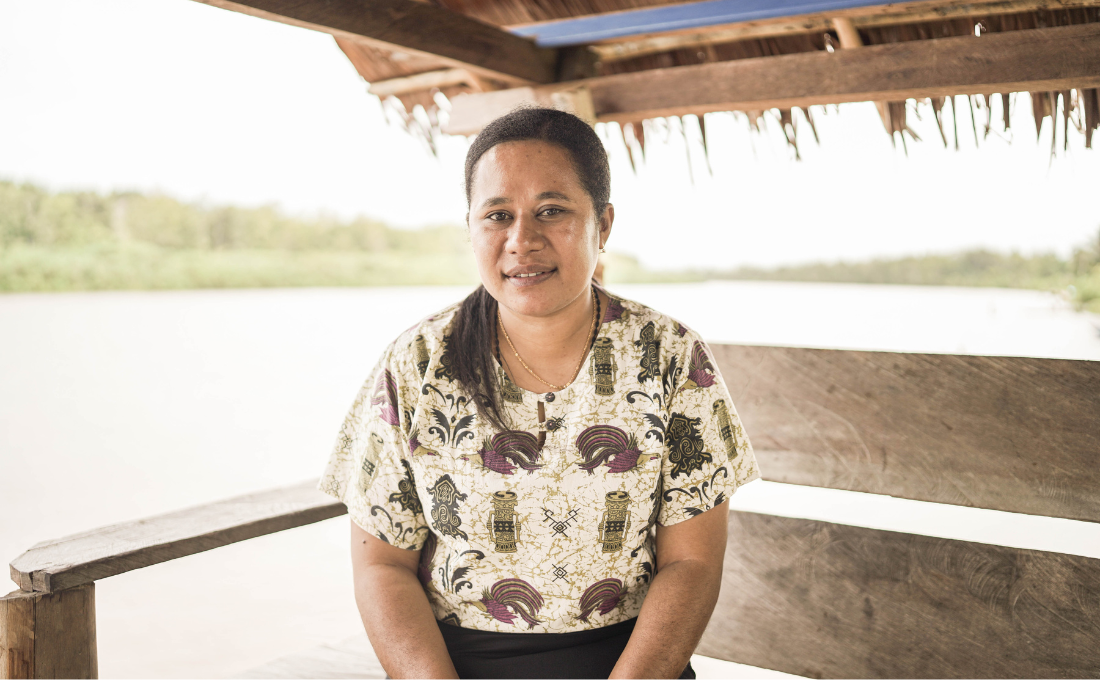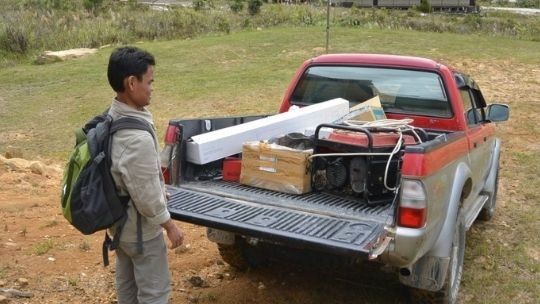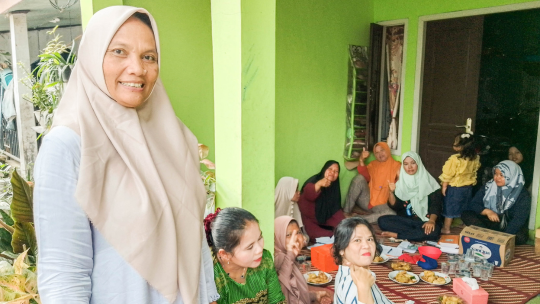Empty Classroom: The Struggling Education in Asmat, Papua

Yuliana, a third-grade teacher in Asmat Regency, Papua, witnesses how her students continue to dwindle in number. Especially, female students. These girls are apparently not continuing their schooling because they are married to an adult man. "If we ask why this child is not going to school, the answer is that she is married. When we ask when they got married, the answer is last night," said Yuliana. She herself is often shocked at how quickly a girl can lose hope of continuing school and instead take on the role of a wife.
Girls in Asmat live in a higher level of vulnerability than boys. In the eyes of parents and society, girls are seen as objects that can be handed over to a man who asks for them. Especially if the man has helped fulfil the family's coffee and sugar needs. "That becomes their weapon to take a girl. That's why the girls here, who looks like have grown up, mostly drop out of school because they are married off," says Yuliana.
As a teacher who constantly works with children, Yuliana realises that this problem occurs because parents do not prioritise their children. What is prioritised is the money that will be used to buy coffee and sugar. Children do not feel that education is important because they are raised by parents who do not support them to continue learning.
"Going to school, I think many children don't eat breakfast, especially those who are already in grade three or four. They have to take care of everything themselves. So concentration at school is difficult," she says. On a daily basis, Yuliana can only utilise a maximum of one hour of teaching time. If it's more than an hour, the children are no longer focused. When asked again about what has been taught, the children do not understand.
"Our school also lacks classrooms. So one room is combined for two classes. Now the classes are divided into grades one and two, three and four, five and six," she said. With students unprepared for the material and limited facilities, Yuliana decided to focus on reading, writing and arithmetic only. She did this because many children in Asmat do not have these three basic skills even though they are already in elementary school. "So the subjects for grades one to four are the same, but only Maths and Bahasa Indonesia are prioritised," she explains.
Most of Yuliana's students can only start reading in the fourth grade. So when they get to grade five or six, the students are still not able to read fluently and comprehensively.
Children in Asmat live in a family, school and community that is not supporting their rights. But Yuliana as a teacher and the community volunteers working with WVI are now beginning to spark change. So, in the midst of problems that surround the lives of children in Asmat, Yuliana can still have hope. "My hope is that there are girls who want to continue their education to a high level," she said. Yuliana believes that education is the one door that will bring prosperity to the children in Asmat. And when one door gives way, other doors will start to appear.
Author: Mariana Kurniawati (Communication Executive)



